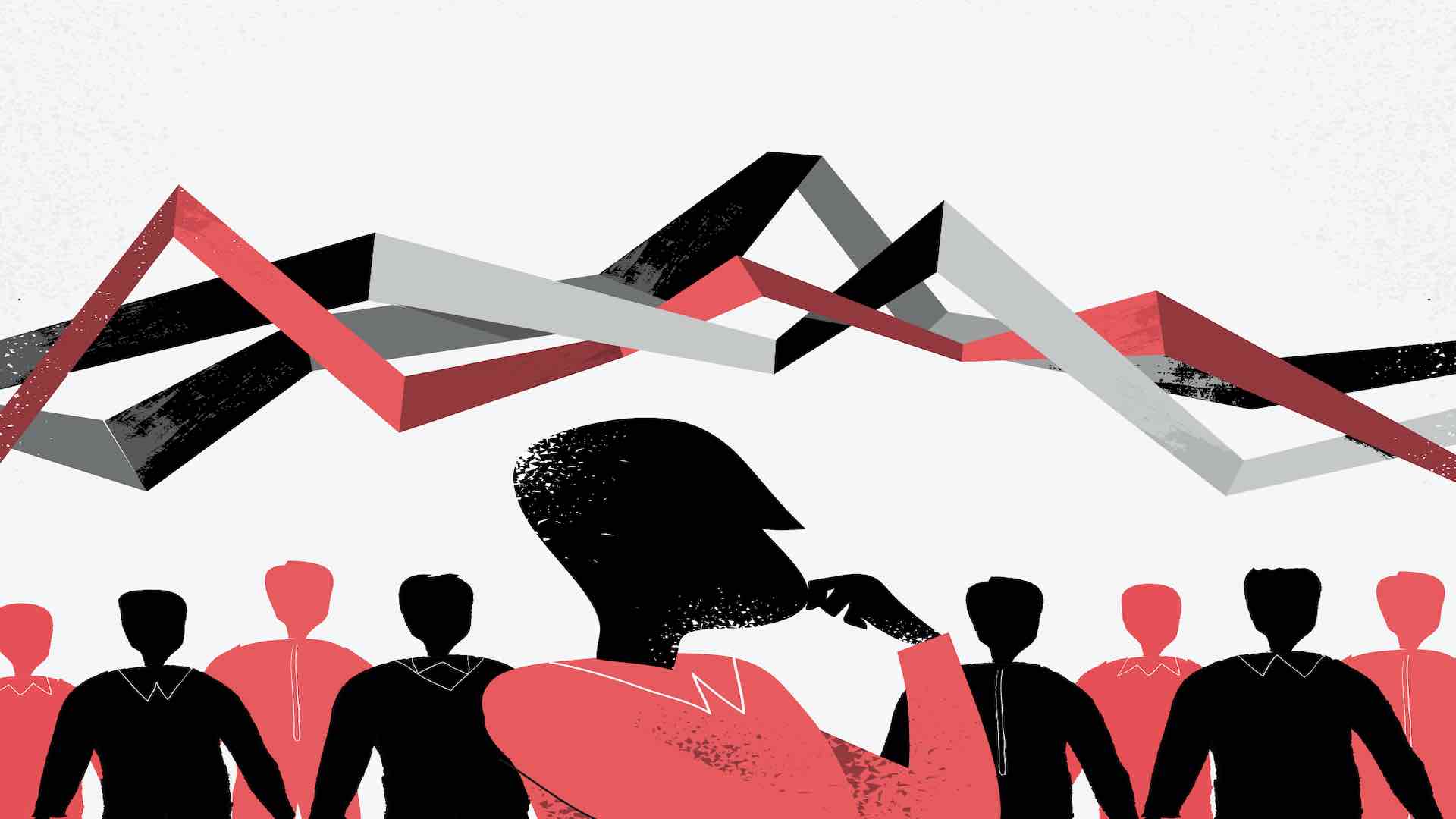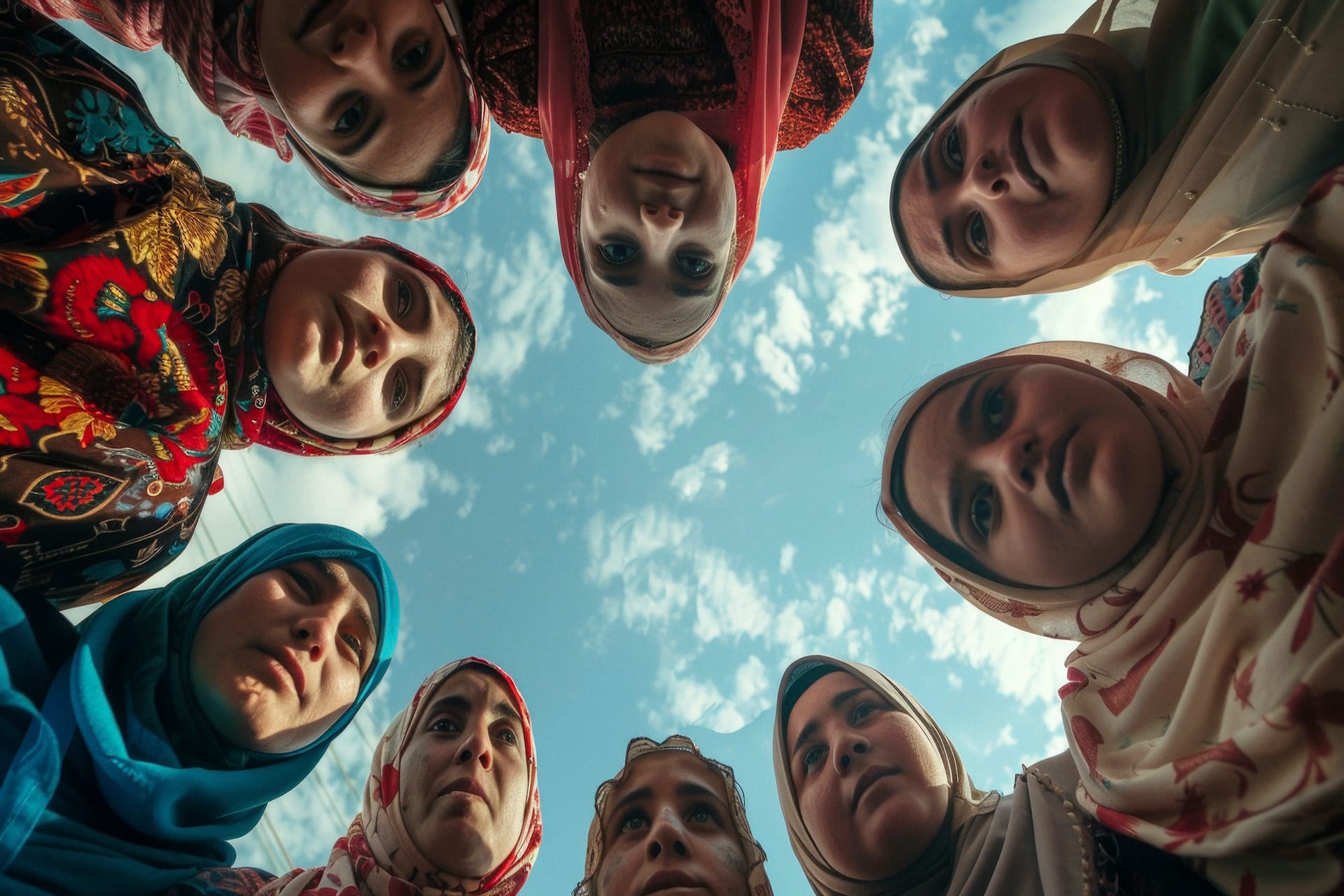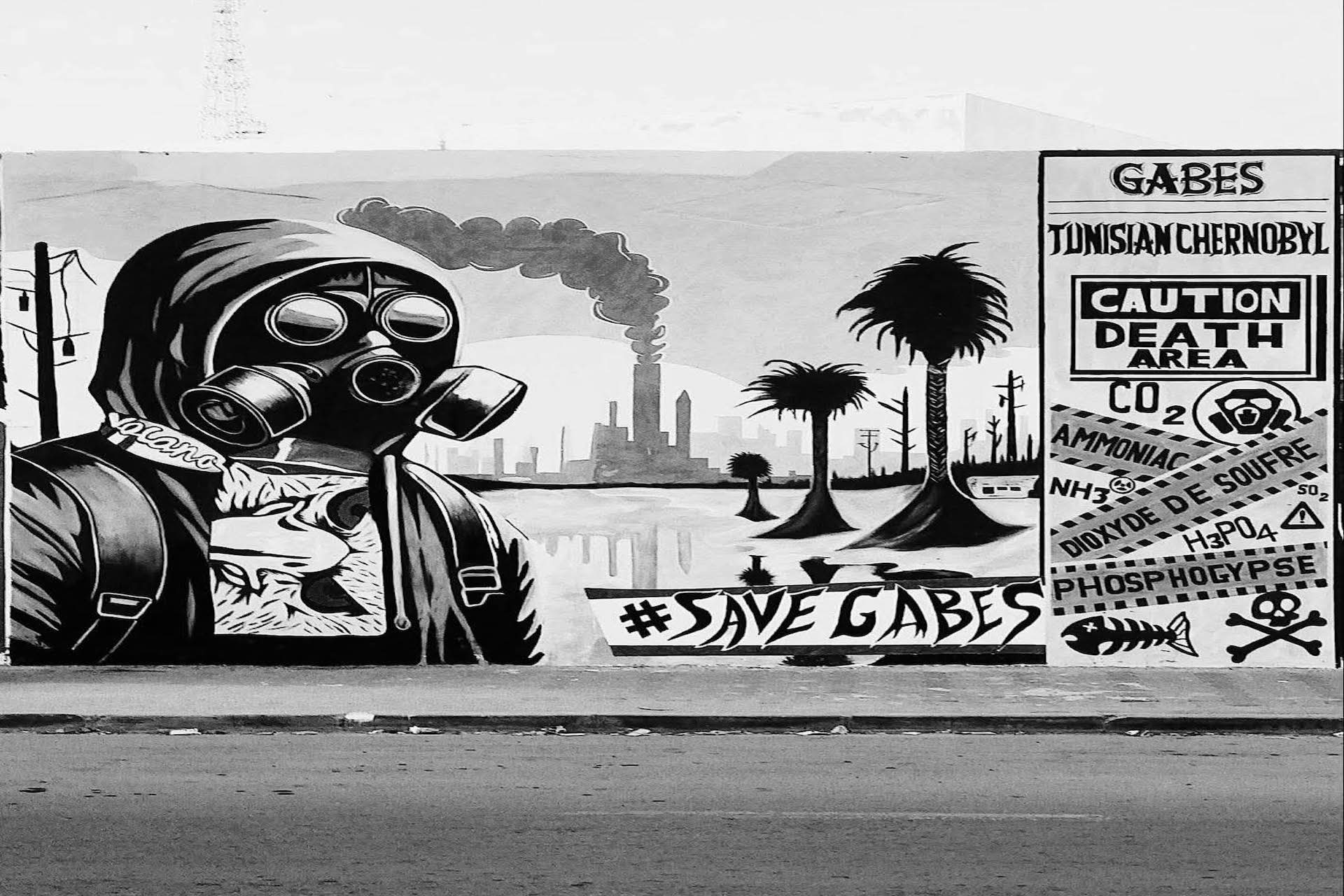Introduction
TikTok has grown into one of Tunisia’s most popular social media platforms. Millions of users, especially youth, rely on it for entertainment, networking, and even income opportunities. However, behind viral trends and dance challenges, a darker side exists: fraud, blackmail, and exploitation targeting vulnerable users.
Recent cases, like the infamous “Spiritual Sage” incident, highlight the dangers of fake spiritual healers who exploit grief and personal vulnerabilities. In this article, we will explain how TikTok scams operate in Tunisia, explore the associated risks, and provide practical tips and legal insights to help users stay safe.
Related: TikTok Fraud & Scam Alerts Tunisia
2. How TikTok Scams Operate
2.1 Fake Spiritual Healers
- Scammers create accounts promising emotional or spiritual guidance, targeting users in vulnerable states like grief, depression, or relationship crises.
- They gain trust over time, then manipulate victims into sending money, attending private meetings, or even sexual exploitation.
- Case Study: A university student, after the death of her father, was deceived by “Spiritual Sage”, who raped her, secretly filmed her, and blackmailed her. Similar cases occurred in 2022 via Facebook, showing a repeated pattern of abuse.
Learn practical safety tips here: TikTok Fraud & Scam Alerts Tunisia
2.2 Fake Giveaways and Contests
- Scammers promise free gadgets, smartphones, or cash prizes.
- Victims are asked for small “processing fees” or personal information.
- Once submitted, the scammers disappear, leaving victims financially and personally exposed.
2.3 Blackmail & Sextortion
- Fraudsters collect intimate videos or images through trust or live streaming.
- Victims are threatened with exposure unless they pay money or comply with demands.
- This type of scam is highly traumatic, particularly for minors and young adults.
See legal guidance: Cybercrime Laws & Toxic Content in Tunisia
2.4 Monetization and Agency Scams
- Some scammers pose as TikTok agencies, offering monetization or brand partnerships.
- Victims pay upfront fees or provide personal details but receive no real benefits.
- This risk is particularly high for creators seeking income from TikTok.
Learn more: TikTok Agencies in Tunisia
3. Who Is Most at Risk?
- Young women and teenagers: Often targeted for emotional or sexual exploitation.
- Users in emotional distress: Grief, depression, or personal crises increase susceptibility.
- Creators seeking monetization: May fall victim to agency scams or fraudulent deals.
- Trusting tech-savvy users: Overconfidence in digital skills can be exploited by scammers.
4. Psychological and Social Impacts
- Mental health: Anxiety, depression, PTSD, and feelings of shame.
- Social consequences: Reputation damage in a conservative society.
- Long-term vulnerability: Fear of online interactions and repeated exploitation.
5. Legal Perspective in Tunisia
- Tunisia lacks specific laws criminalizing pseudo-spiritual practices or digital exploitation.
- Existing cybercrime laws often fall short in addressing these scams.
- Experts suggest:
- Legislation criminalizing fraudulent spiritual guidance.
- Clear penalties for online scams, blackmail, and exploitation.
- Protection mechanisms for minors and vulnerable adults.
Related analysis: TikTok Monetization in Tunisia
6. How to Protect Yourself
6.1 Verify Accounts
- Check for verified profiles and consistent posting history.
- Be cautious of unsolicited messages promising wealth, fame, or healing.
6.2 Protect Personal Data
- Never share ID numbers, bank details, or intimate content online.
6.3 Trust Your Instincts
- Avoid in-person meetings with strangers met online.
6.4 Report Suspicious Activity
- Use TikTok’s reporting tools and notify local authorities when necessary.
6.5 Educate Vulnerable Users
- Discuss online risks with friends, family, and minors.
For detailed safety tips: TikTok Fraud & Scam Alerts Tunisia
7. TikTok’s Role in User Safety
- Implement stronger verification systems.
- Use AI monitoring to detect scams and harassment patterns.
- Collaborate with local authorities on serious fraud cases.
8. Why Action Is Needed Now
- Protecting youth is critical: millions are at risk daily.
- Legal reform and public awareness campaigns can prevent repeat offenses.
- Raising awareness preserves trust in social media and online services in Tunisia.
9. Conclusion
TikTok in Tunisia provides entertainment, opportunities, and social engagement—but it also attracts scammers who exploit spiritual trust, personal vulnerability, and monetization desires.
Key Takeaways:
- Stay vigilant and cautious online.
- Protect personal information and report suspicious activity.
- Advocate for legal reforms to safeguard minors and users.













